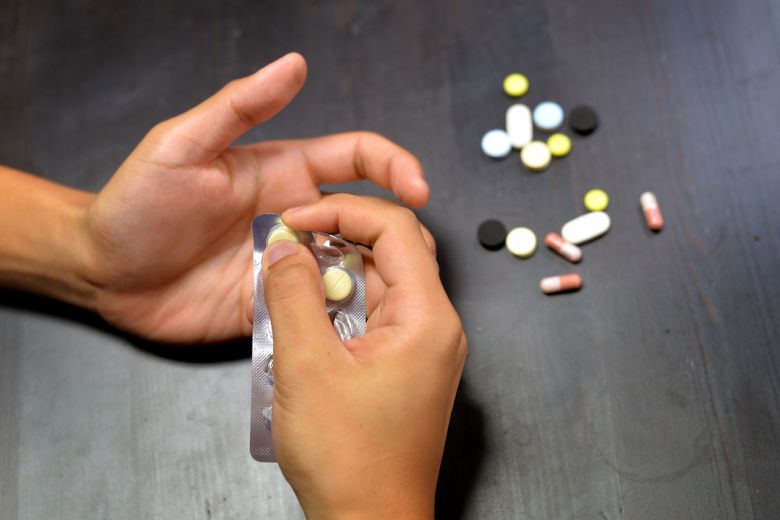Parliament: Singapore to sharpen preventive drug education and rehab


SINGAPORE - Singapore will review its laws to deal with the rising threat of New Psychoactive Substances (NPS) and improve preventive drug education to focus on countering drug misinformation and address changing attitudes towards cannabis.
Senior Parliamentary Secretary for Home Affairs Amrin Amin announced this on Monday (March 2) in Parliament during the debate on the Ministry of Home Affairs (MHA) budget.
"More than ever, we need strict laws to stay ahead of drug trends, robust enforcement, and effective preventive drug education," he said.
Speaking before him, Home Affairs Minister K. Shanmugam noted that while the drug situation in Singapore remained under control, the fight was far from over.
The global drug situation has been worsening, with greater acceptance of drug abuse by other countries, Mr Shanmugam said. "People are moving towards legalising more... because they've lost the fight," he said. "Whereas in Singapore, almost uniquely, we have managed to hold our own within the country."
Singapore, however, is not immune to the worsening global drug situation.
Figures show that three in five new drug abusers arrested in 2019 were aged below 30. An MHA survey found one in five young people held the view that cannabis use should be legalised in Singapore.
The class of drugs known as NPS, which mimics the effects of traditional drugs and was hardly known a decade ago, has become the third most commonly abused type of drug: 414 or 11.7 per cent of drug abusers caught in 2019 consumed NPS.
From 126 types of NPS detected globally in 2009, the figure spiked seven times to 892 last year.
Mr Christopher de Souza (Holland-Bukit Timah GRC) noted that drug syndicates are concocting NPS at a fast pace, adding that the Misuse of Drugs Act should be agile enough to outlaw new variants of NPS to "add an extra deterrent effect".
Mr Amrin said his ministry has been proactively listing NPS since 2010 and will review the laws to stay ahead of drug trends.
But strict laws and robust enforcement require the "people's backing", he added.
Replying to Mr Sitoh Yih Pin (Potong Pasir) and Nominated MP Mohamed Irshad on how Singapore's young people are helped against the drug scourge, Mr Amrin said preventive drug education begins from pre-school.
Drug facts are taught in school through storytelling and activities. A cartoon activity book for pre-schoolers will be ready in April 2020.
Last year, an Anti-Drug Ambassador Activity booklet was used by more than 48,000 primary school pupils.
Similar engagement programmes are available for secondary school and tertiary students.
Information and infographics on drugs and their effects can also be accessed easily on the Central Narcotics Bureau's website.
In addition, various ways of raising drug awareness have been championed by stakeholders and community groups who are involved with campaigns and roadshows.
"To win community support, a one-way exchange of information will not be enough," Mr Amrin said. "At the heart of what we do is to speak with our people frankly, give them the facts, hear them out, and involve them to co-create and deliver."
The authorities will continue to rehabilitate and reintegrate former offenders into society by strengthening the support for them in three ways, he said.
These include family support, a network of positive peers to motivate former offenders to stay crime free and finally, support for the offenders themselves.
One way is through Direct, which stands for Digitisation of Inmate Rehabilitation and Corrections Tool. Inmates are empowered to take charge of their rehabilitation with the use of shared electronic tablets to learn and stay in contact with their loved ones via e-letters.
 Pathways Drug Rehabilitation Luxury Addiction Treatment & Detox Center
Pathways Drug Rehabilitation Luxury Addiction Treatment & Detox Center


